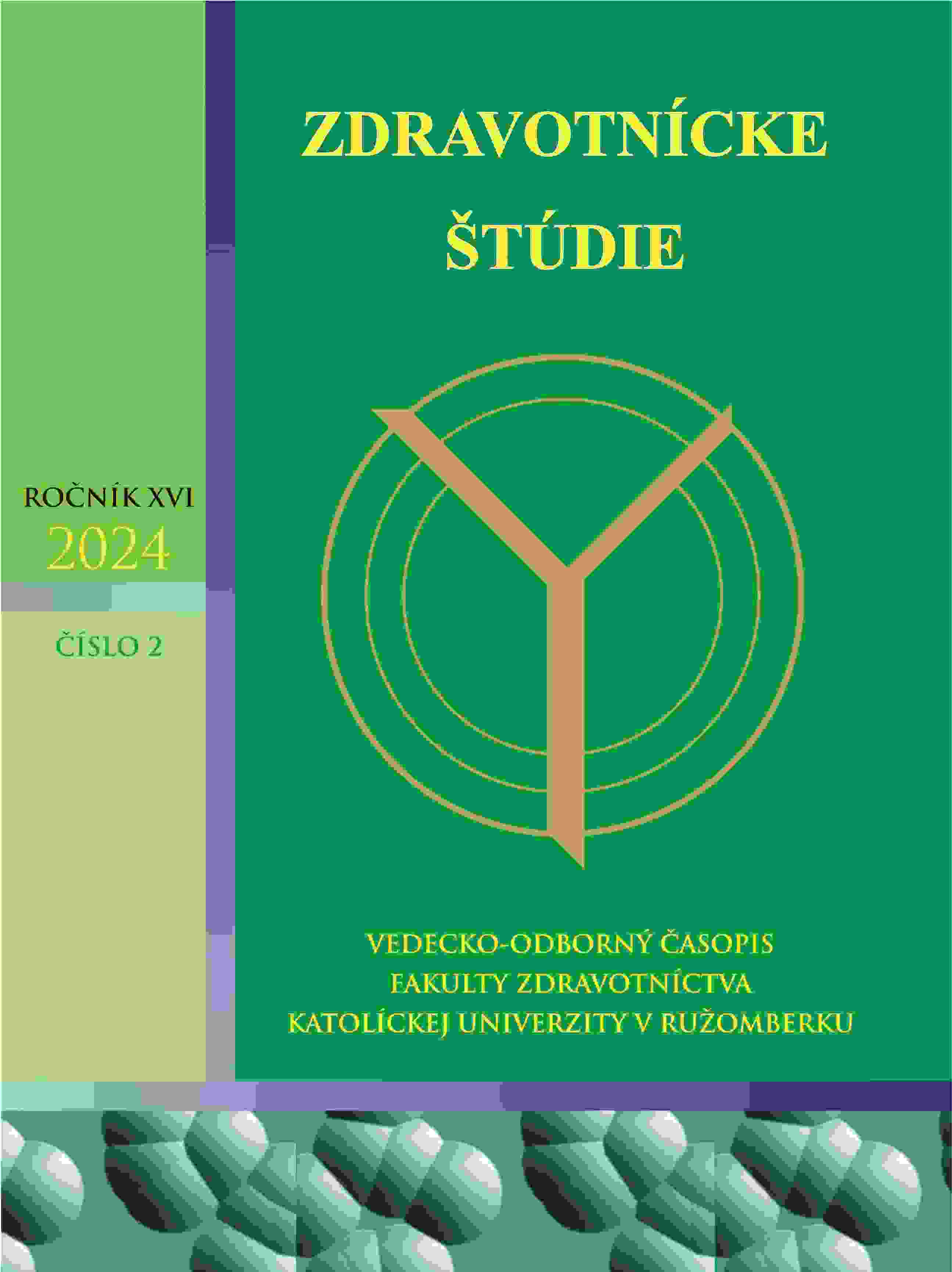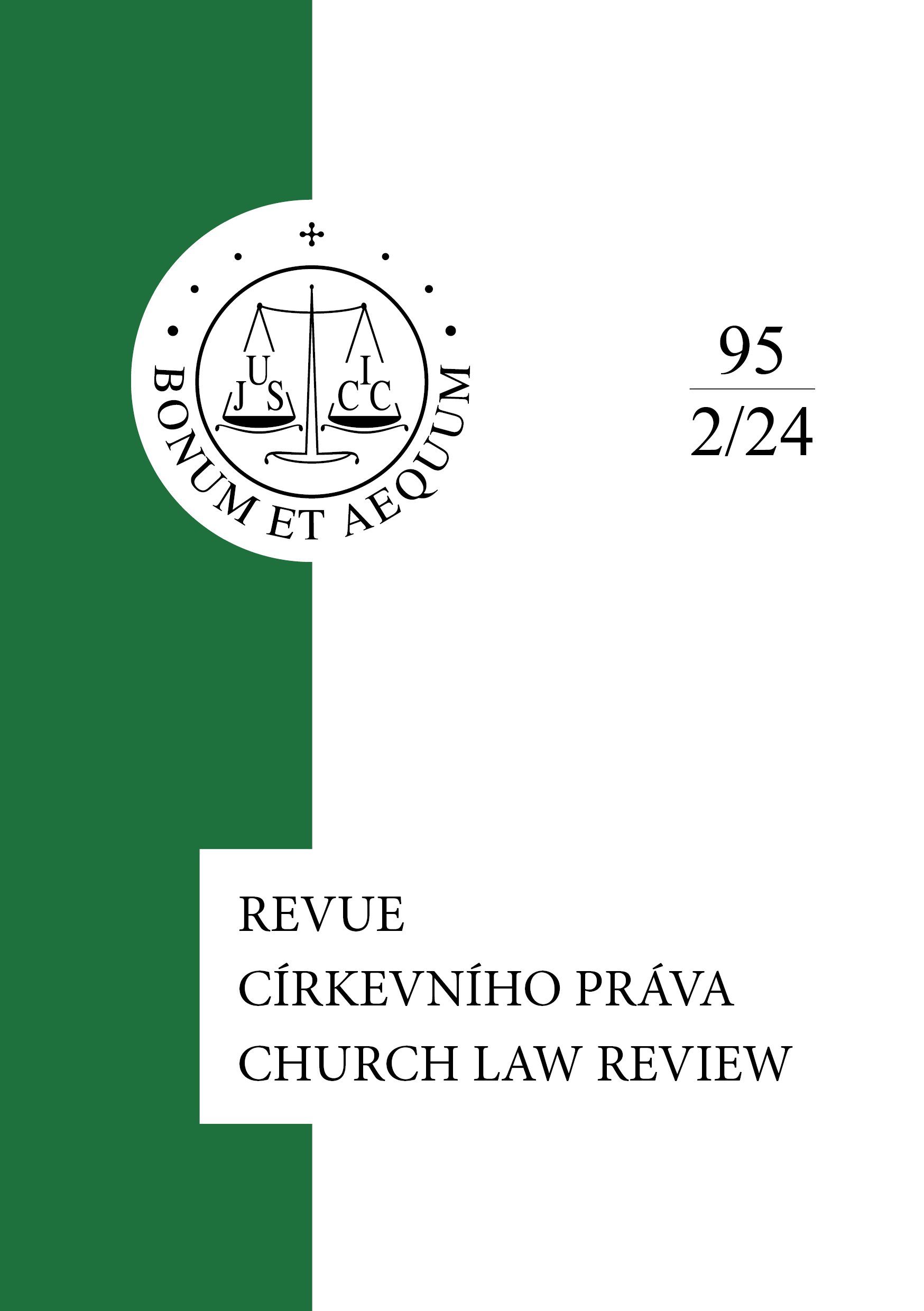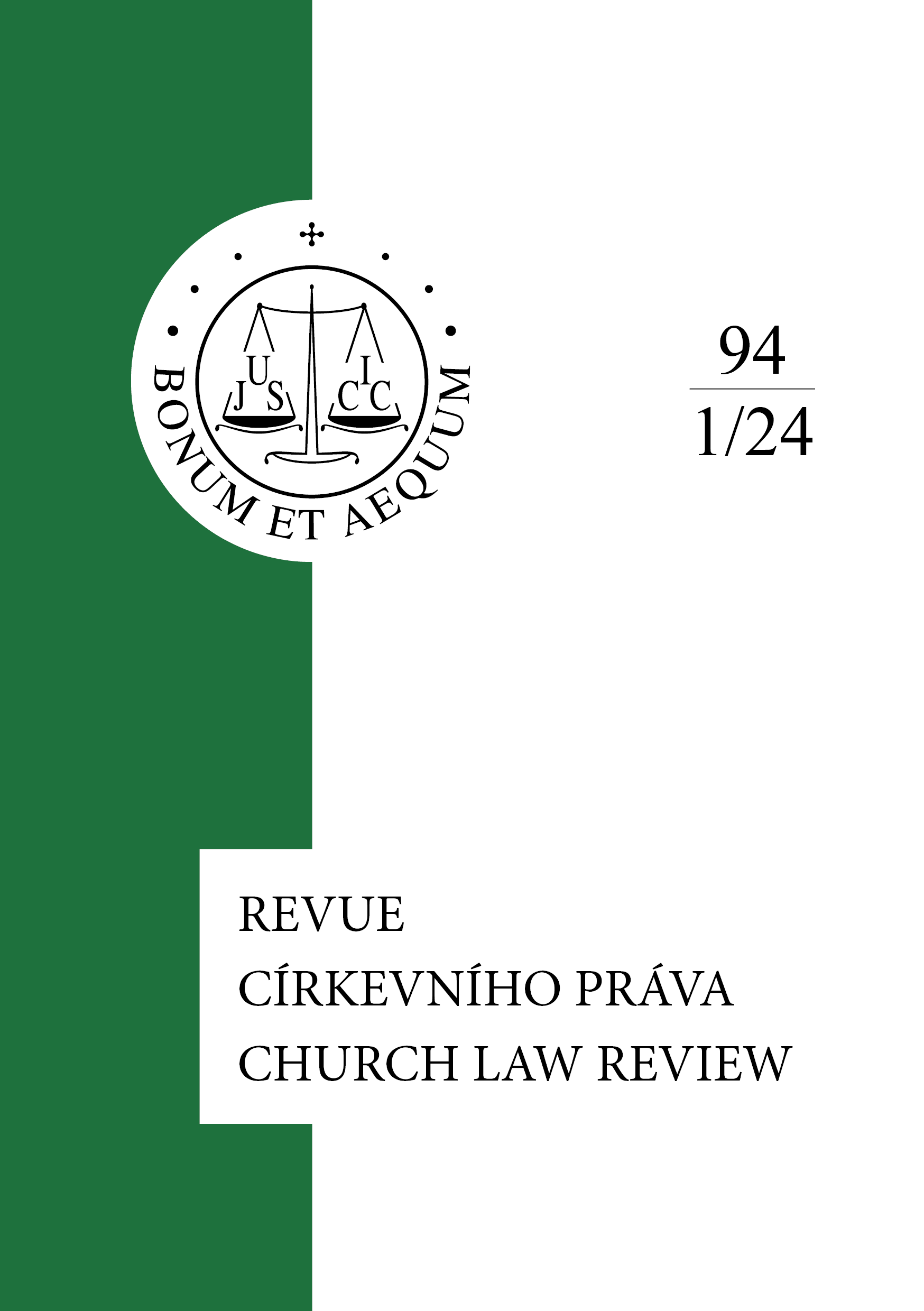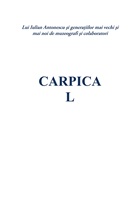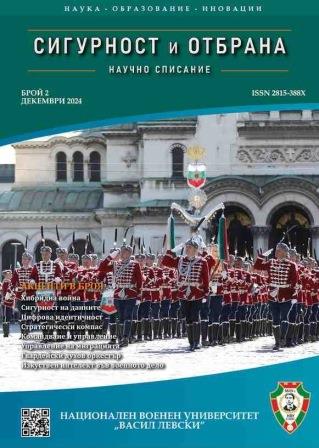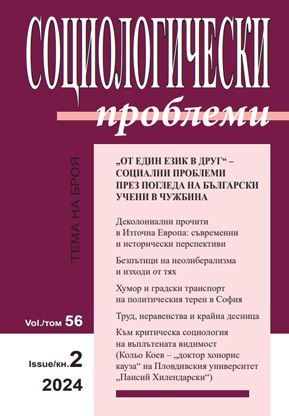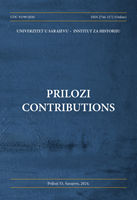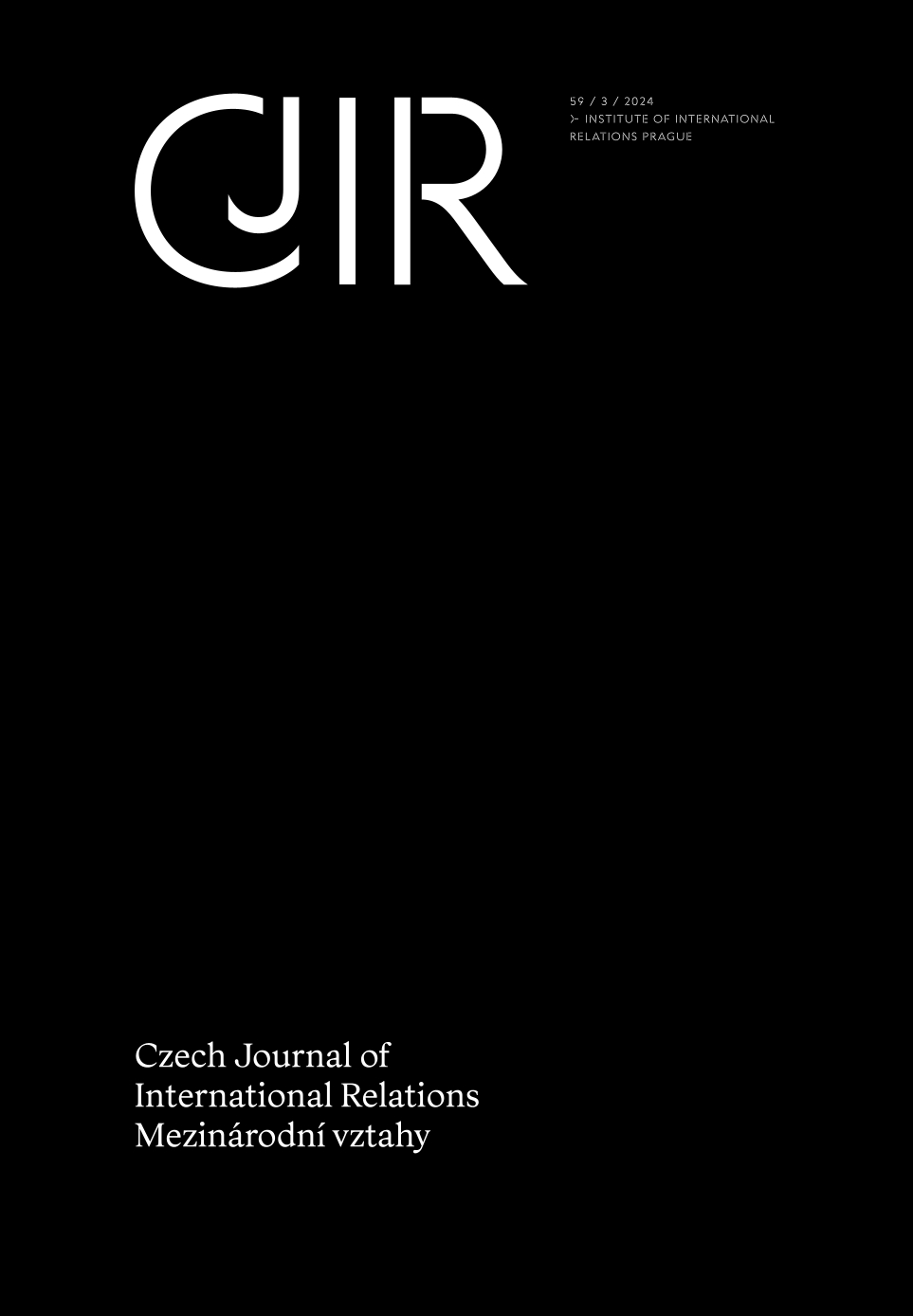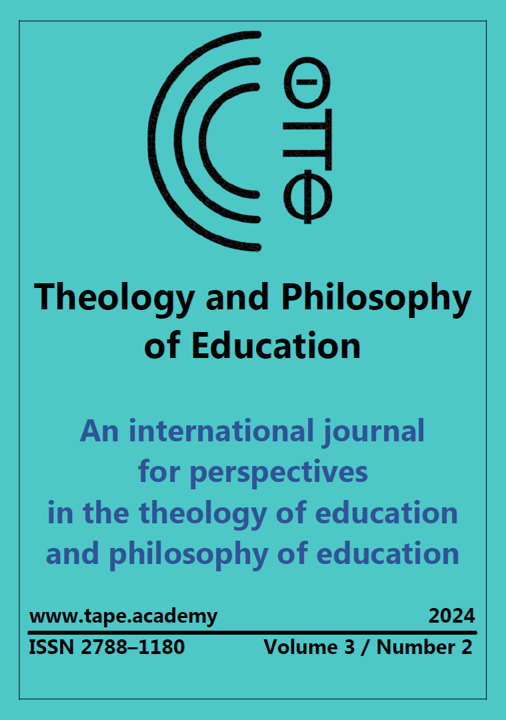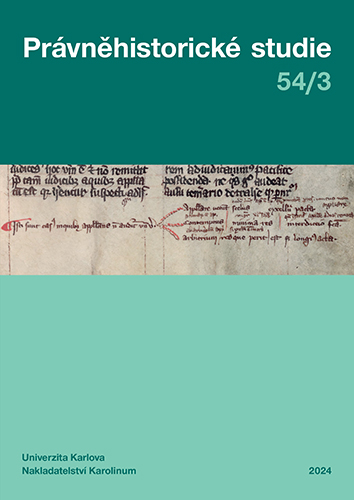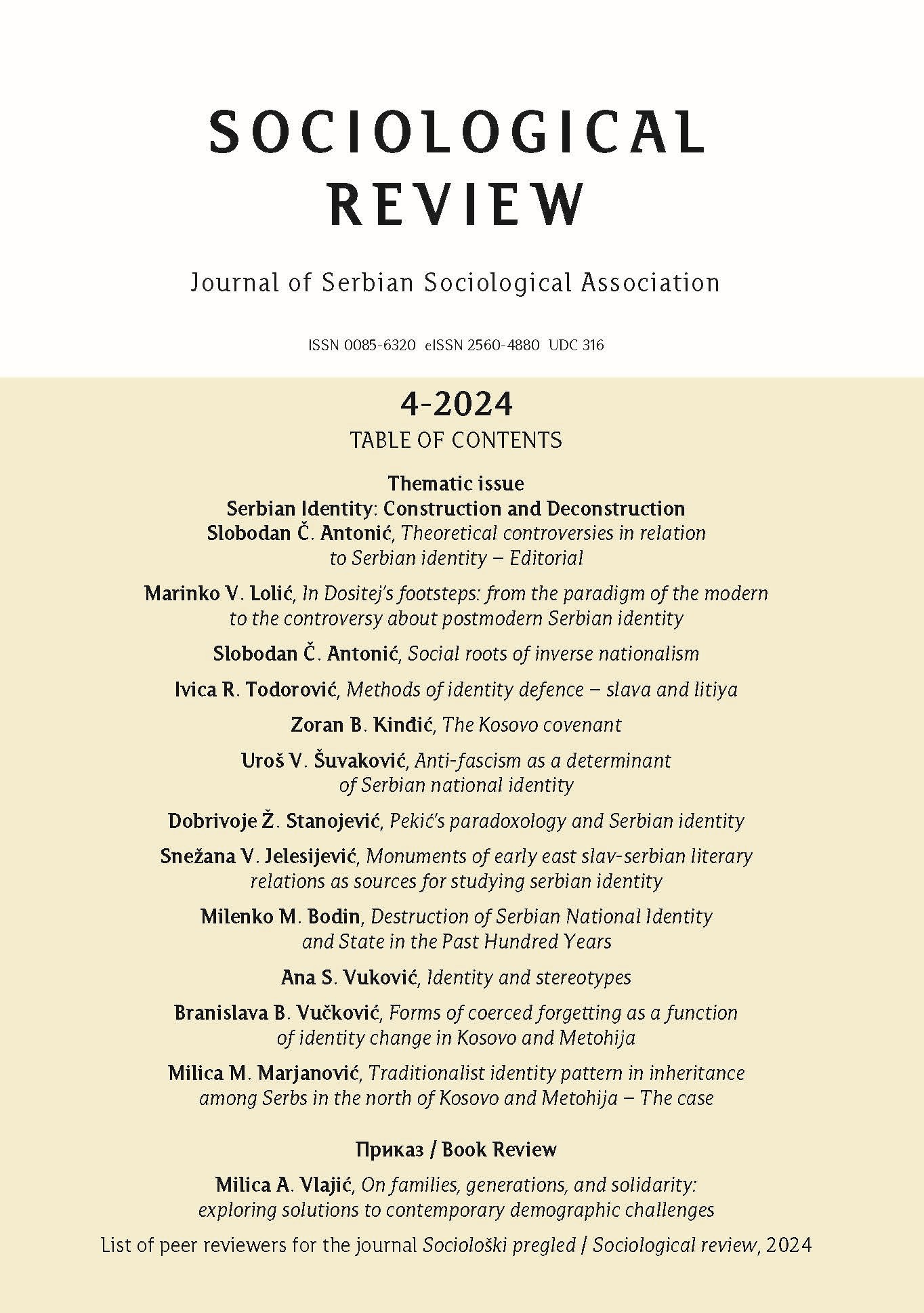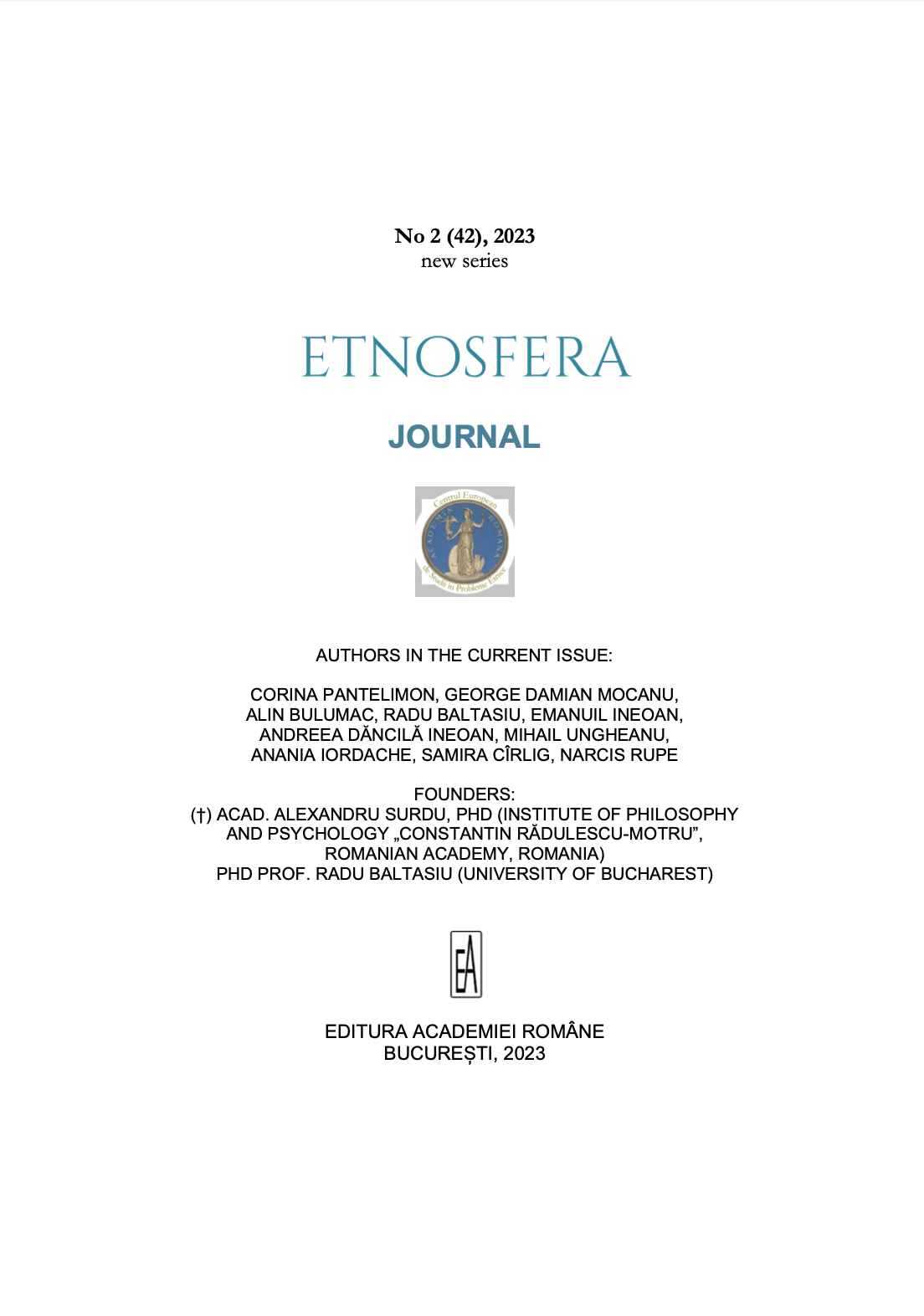
Theoretical approaches to the “Snowflake- Millennial”/“Me Generation”/“Egocentric Generation”
This material discusses some sociological and other theories that can explain the snowflakegeneration phenomenon. In this article, we focus only on the “millennial snowflake”, i.e., those youngpeople born between 1980 and 2000 whose main problematic traits are: loneliness, hypersensitivity,and fear. Therefore, we address these issues by providing a theoretical explanation of the problem. Theapproach will be complementary and will consider both classical and modern/contemporary theories.
More...
